Introduction
Across much of the developing world, women and girls face a significant challenge: the lack of access to menstrual products. This not only affects their education but also creates economic disparities. In an inspiring collaboration, Alex Odundo, a skilled Kenyan innovator, teamed up with Stanford engineer Manu Prakash to create a groundbreaking solution to period poverty. Their approach involves crafting maxi pads from sisal, an agave plant that thrives in Kenya’s semi-arid climates.
The Menstrual Product Challenge
For many girls in developing countries, the absence of menstrual products means missing school for at least a week every month. This educational setback often results in long-term economic disadvantages. Traditional menstrual products, typically made from hydrogels containing toxic petrochemicals, contribute to environmental issues. Seeking a more sustainable alternative, Odundo and Prakash decided to explore biomaterials.
Sisal: A Local Hero
Sisal, an invasive plant in rural Kenya, provided the answer. Commonly used for livestock fencing and feedstock, sisal is drought-tolerant and grows abundantly in semi-arid regions. Odundo and the team at Manu Prakash’s lab at Stanford devised a process to transform sisal leaves into soft, absorbent material. This involved treating the leaves with dilute peroxyformic acid and washing them in sodium hydroxide. The result was a material that rivaled the absorbency of commercially available maxi pads made from cotton and wood pulp.
An Eco-Friendly Innovation
The sisal-based process demonstrated not only comparable absorbency but also a more eco-friendly approach. The traditional manufacturing of menstrual products involves energy-intensive procedures at high temperatures and pressures. In contrast, Odundo and Prakash’s method proved to be less energy-intensive, providing a sustainable solution to period poverty without compromising environmental well-being.
Carbon Footprint Analysis
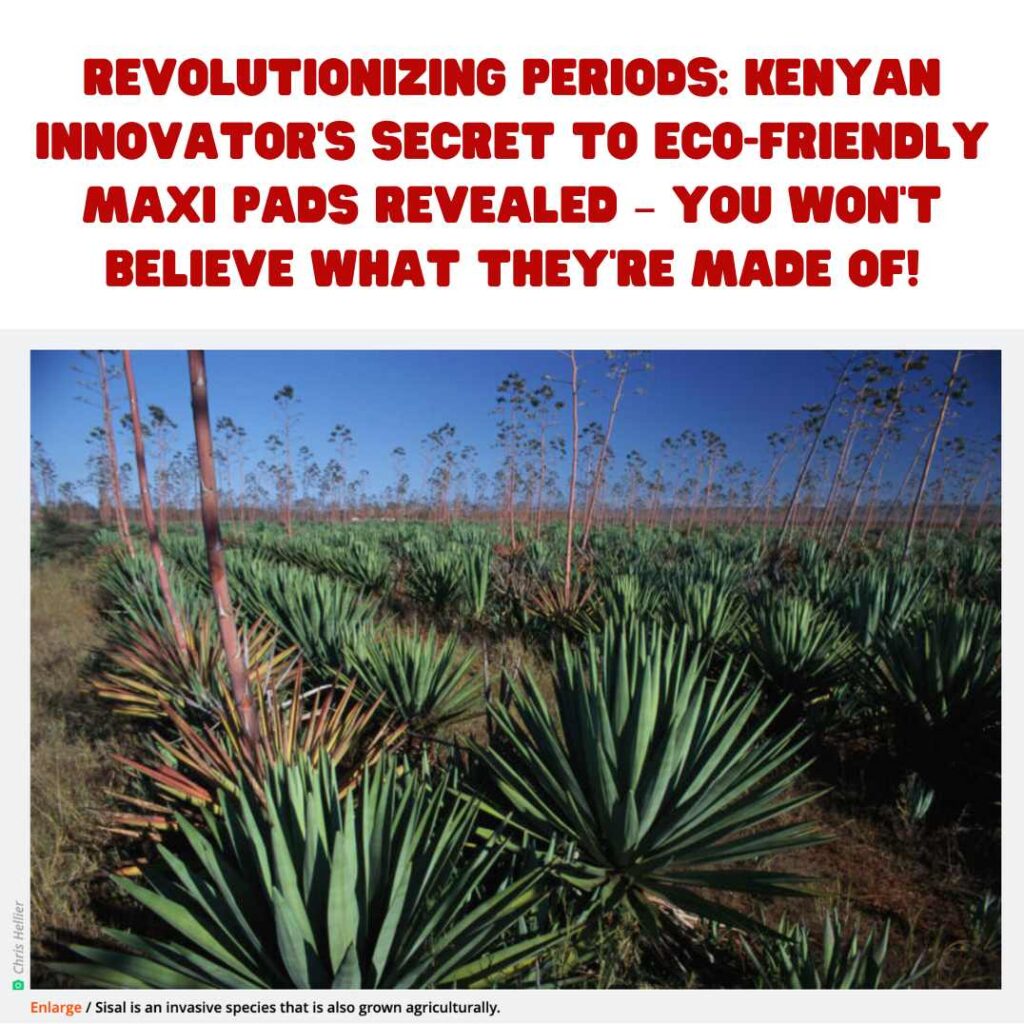
A cradle-to-gate carbon footprint life cycle analysis was conducted, encompassing sisal cultivation, harvesting, manufacturing, and transportation. The findings revealed that sisal cellulose microfiber production had a carbon footprint on par with wood-based cellulose microfiber production. Additionally, it outperformed cotton in terms of both carbon footprint and water consumption. This analysis emphasized the importance of localized production to reduce the environmental impact associated with transportation.
A Visionary Tinkerer’s Track Record
This venture isn’t Odundo’s first encounter with sisal. At Olex Techno Enterprises in Kisumu, Kenya, he has been making machines that turn sisal leaves into rope for over a decade. This initiative not only benefits local farmers by increasing the value of sisal products but also aligns with sustainable practices.
Beyond Menstrual Products: Community-Centered Innovations
Odundo’s innovation extends beyond menstrual products. His commitment to community well-being is evident in the creation of a stove that burns sawdust, rice husks, and other biodegradable waste. This not only addresses deforestation concerns but also improves the health of women who often inhale smoke from traditional cookfires. Odundo’s approach considers the practical needs and preferences of the predominantly female cooks in developing countries, distinguishing his innovations from previous prototypes developed in developed countries.
Democratizing Access to Science
Manu Prakash’s lab at Stanford is dedicated to inventing and distributing ‘frugal science’ tools to democratize access to science. The collaboration with Alex Odundo perfectly embodies this mission. By manufacturing menstrual products in low-income rural communities, the team addresses a crucial need and empowers these communities economically and environmentally.
More articles, CLICK HERE
Conclusion: A Local Solution with Global Impact
In conclusion, the journey from sisal leaves to menstrual products is a testament to the transformative impact of thoughtful, community-centered science. The collaboration between Alex Odundo and Manu Prakash’s lab showcases the power of innovation in addressing global challenges. This locally grown solution not only provides a sustainable alternative to conventional materials but also empowers local communities, creating a ripple effect of positive change. The emergence of sisal-based maxi pads marks a step towards a more inclusive and sustainable future, proving that impactful solutions can indeed spring from the heart of communities that need them the most.

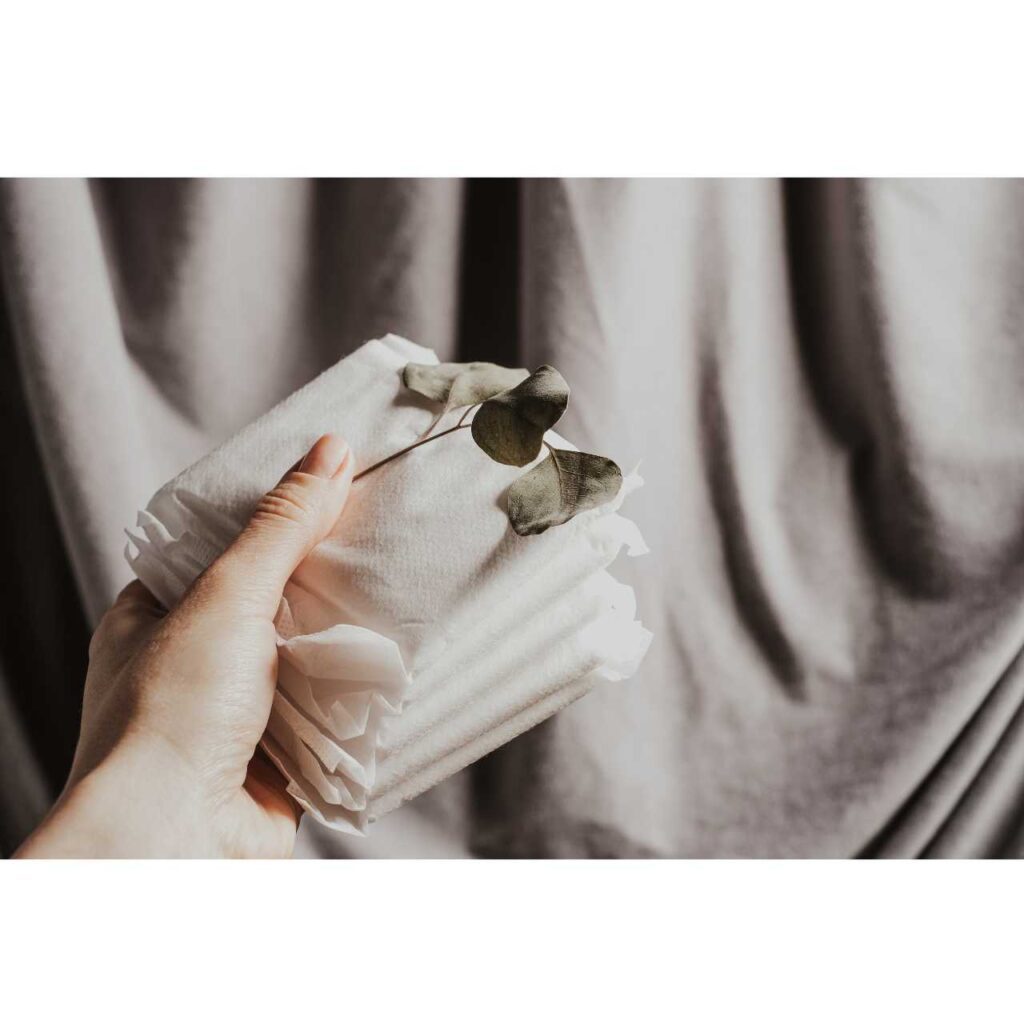
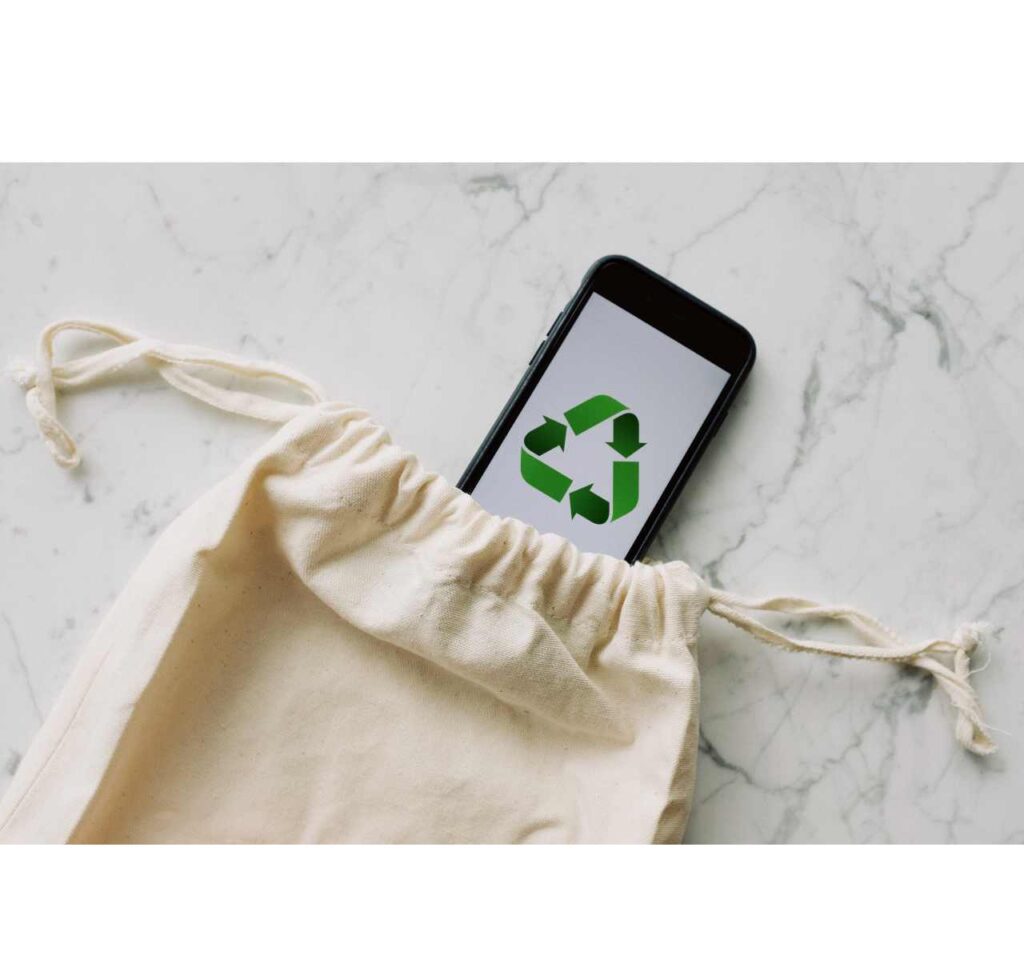


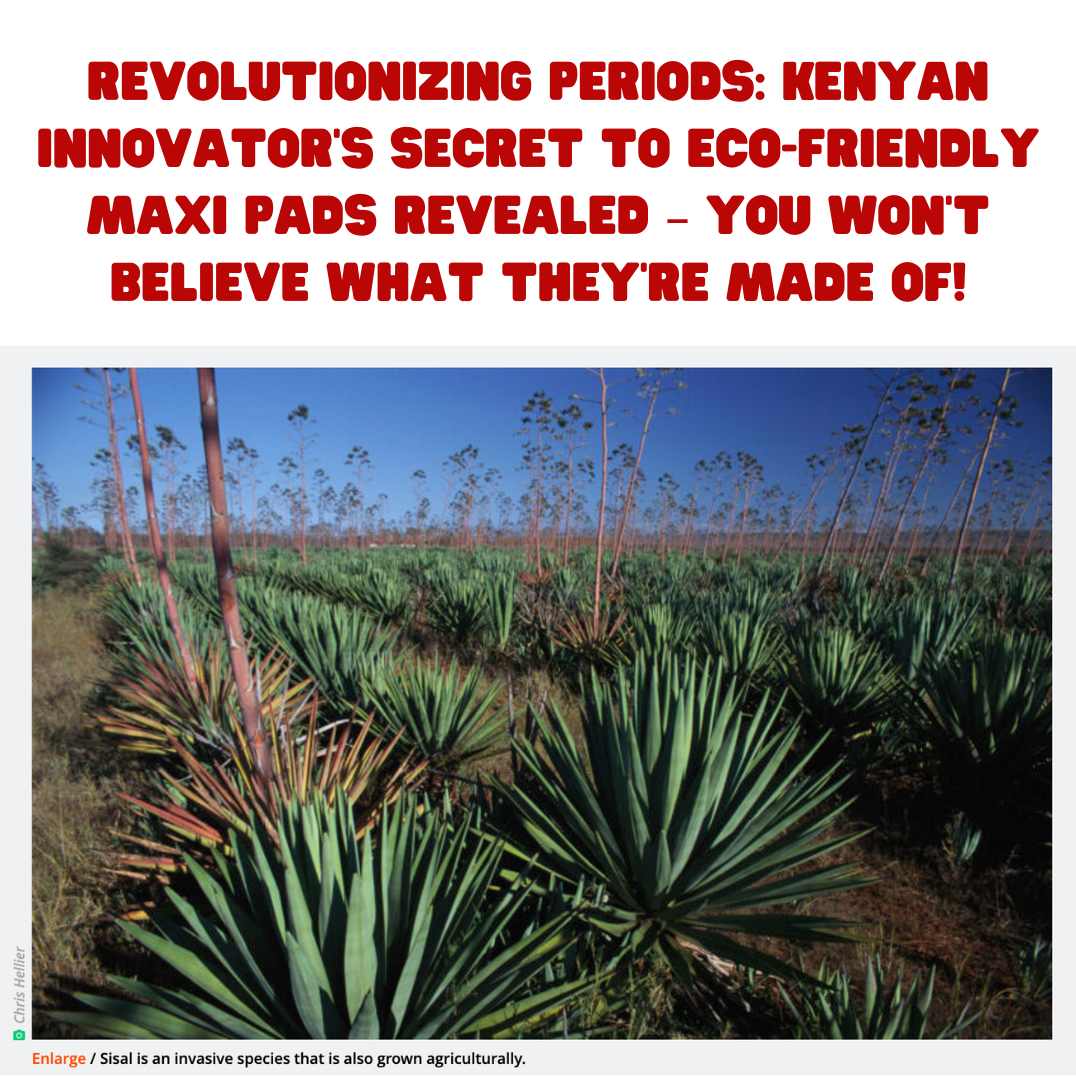











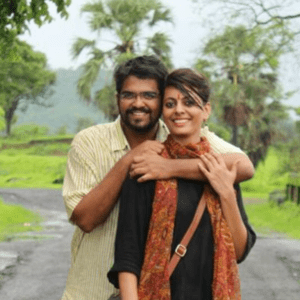

What do you think?
It is nice to know your opinion. Leave a comment.